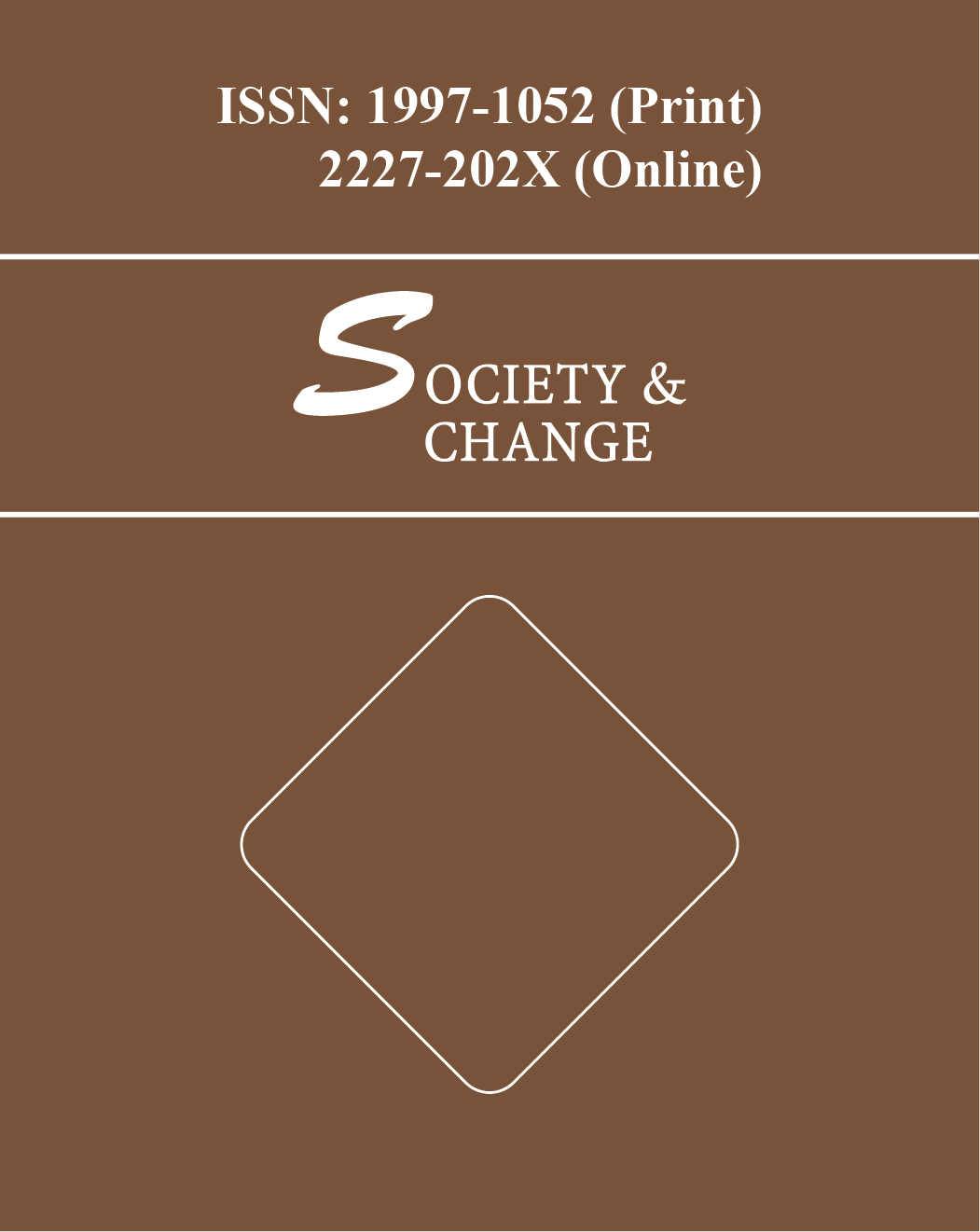The stunning economic development of the emerging economies is taking place by deliberate state involvement. Though the successful economic transformation of these newly industrialized countries co-exists with high economic inequality and social disparity, their successive rapid growth and impressive economic advancement has made them idol for the developing world. The developing countries are looking with fascination at this model of state-oriented policy, blended with slow movement towards trade liberalization, to boost up their economic growth. This model, therefore, is challenging the Western model of market-oriented policy of neo-liberal development approach which is based on “minimal state” notion. This cluster of the countries which are in the transitional phase between developing and developed, are still receiving aid from industrialized countries. Amazingly, having a continuous record of high growth in GDP, these emerging economies have become emerging donors. As these new development partners are not members of donor’s club, i.e., OECD-DAC, and do not feel obligated to conform to traditional donors’ hard-owned aid-norms, they have traumatized the existing aid standards. Their aid–relationship aims to benefit their economic, political and strategic interests. Their own-style of aid-practice, being popular to the recipients, is making a silent revolution in the aid-regime and thereby changing the nature of existing aid relationships. The main anxiety in donors’ club is that they are losing their bargaining position because the recipients now have alternative options. Their hard-driven good-governance, environmental and human rights agenda are now posing challenge by ‘no-strings-attached’ aid flow from Non-DAC emerging donors. However, this article, extracting examples from China and India, finds that the rapidly growing volatile economies with a blend philosophy of state and market are challenging the market-led development approach originated from ‘Washington Consensus’. Cautious protectionist approach taken by the emerging economies to ensure the long term independent economic growth has been proven sustainable even in the world economic crisis and economic downturn. These emerging economies, twisted as emerging donors, are neither explicitly knocking over the codes and standards of development assistance nor replacing them; rather they are bypassing the hard-owned norms of aid-regime and thereby making an apparent change in existing aid-relationships.



 Additional Indexing
Additional Indexing